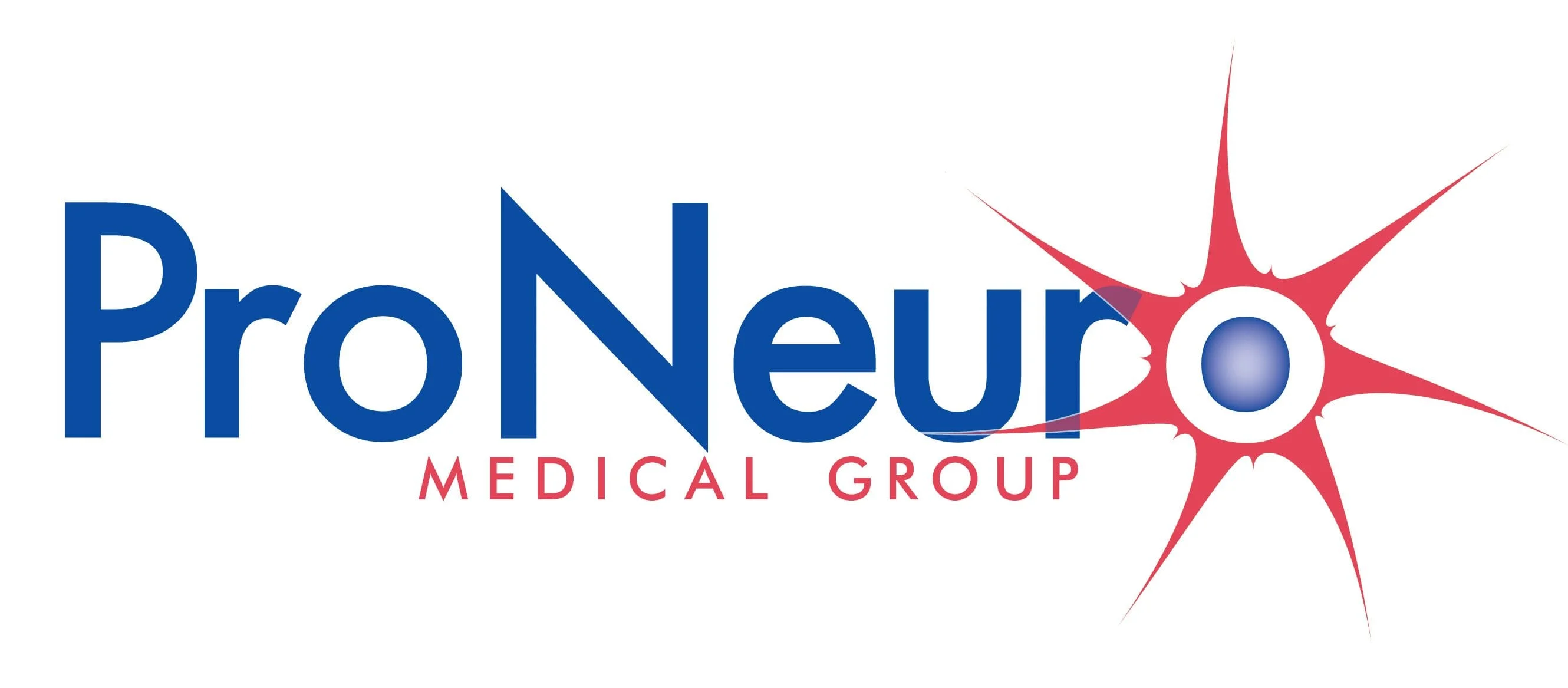It has long been known that over evolutionary time the human organism developed in tandem with a vast host of microbial fellow travelers. The 100 trillion microorganisms inhabiting our gastrointestinal tracts assist in numerous physiological processes critical to our health and well being. The intestinal microbiome (commensal microorganisms) helps maintain the integrity and function of the lining of the small intestine, helps us digest our food properly, and assists in training our immune systems to appropriately recognize friends and foes.1,2 Alterations in composition of the intestinal microbiome (dysbiosis) lead to many disorders and diseases, including celiac disease, osteoporosis, autoimmune diseases such as rheumatoid arthritis, and diabetes. Thus, dysbiosis needs to be considered in the evaluation and treatment of many common conditions. Fortunately, many forms of conservative management are available for dysbiosis, including use of probiotics and prebiotics.
Probiotics are formulations of live microorganisms that contain large numbers of colony-forming units, primarily lactobacilli and bifidobacteria.3 Taken as dietary supplements, probiotics persist in the gastrointestinal tract for several days and compete successfully with resident microorganisms. Probiotic bacteria help repair damaged linings of the small intestine, enhance nutrition, and suppress inflammatory intestinal reactions. Importantly, probiotic bacteria ferment undigested carbohydrates in the large intestine and produce nutrients for "good" microorganisms, helping restore the normal composition of commensal microorganisms.
Prebiotics are selectively fermented ingredients (foods) that target specific microorganisms and help restore balance in the intestinal microbiome. The primary targets are bifidobacteria and lactobacilli. By providing dietary substrates, prebiotics stimulate growth of specific bacteria and act to restore a more healthful composition of the intestinal microbiome. Many prebiotics are found naturally in foods such as garlic, onions, asparagus, and leeks. However, an effective means of obtaining prebiotics is to add prebiotic ingredients to bread, yoghurt, and drinks. In order to obtain full benefit, prebiotics and probiotics must be consumed regularly.
Dysbiosis is frequently the result of intolerance to gluten, a class of proteins found in wheat, barley, and rye. Chronic immune and inflammatory reactions to gluten peptides often lead to disturbances in intestinal microorganism homeostasis. Other conditions such as acute intestinal infection disrupt the intestinal epithelial barrier and lead to dysbiosis. The good news is that alterations in composition of the intestinal microbiome are usually correctable by supplementation with probiotics and prebiotics. The key to effective management is knowledge and awareness of the possibility of dysbiosis and access to appropriate methods of natural supplementation.
1Chistiakov DA, et al: Role of gut microbiota in the modulation of atherosclerosis-associated immune response. Front Microbiol 2015 Jun 30;6:671. doi: 10.3389/fmicb.2015.00671. eCollection 2015
2Purchiaroni F, et al: The role of intestinal microbiota and the immune system. Eur Rev Med Pharmacol Sci 17(3):323-333, 2013
3Hajela N, et al: Gut microbiome, gut function, and probiotics: Implications for health. Indian J Gastroenterol 34(2):93-107, 2015
